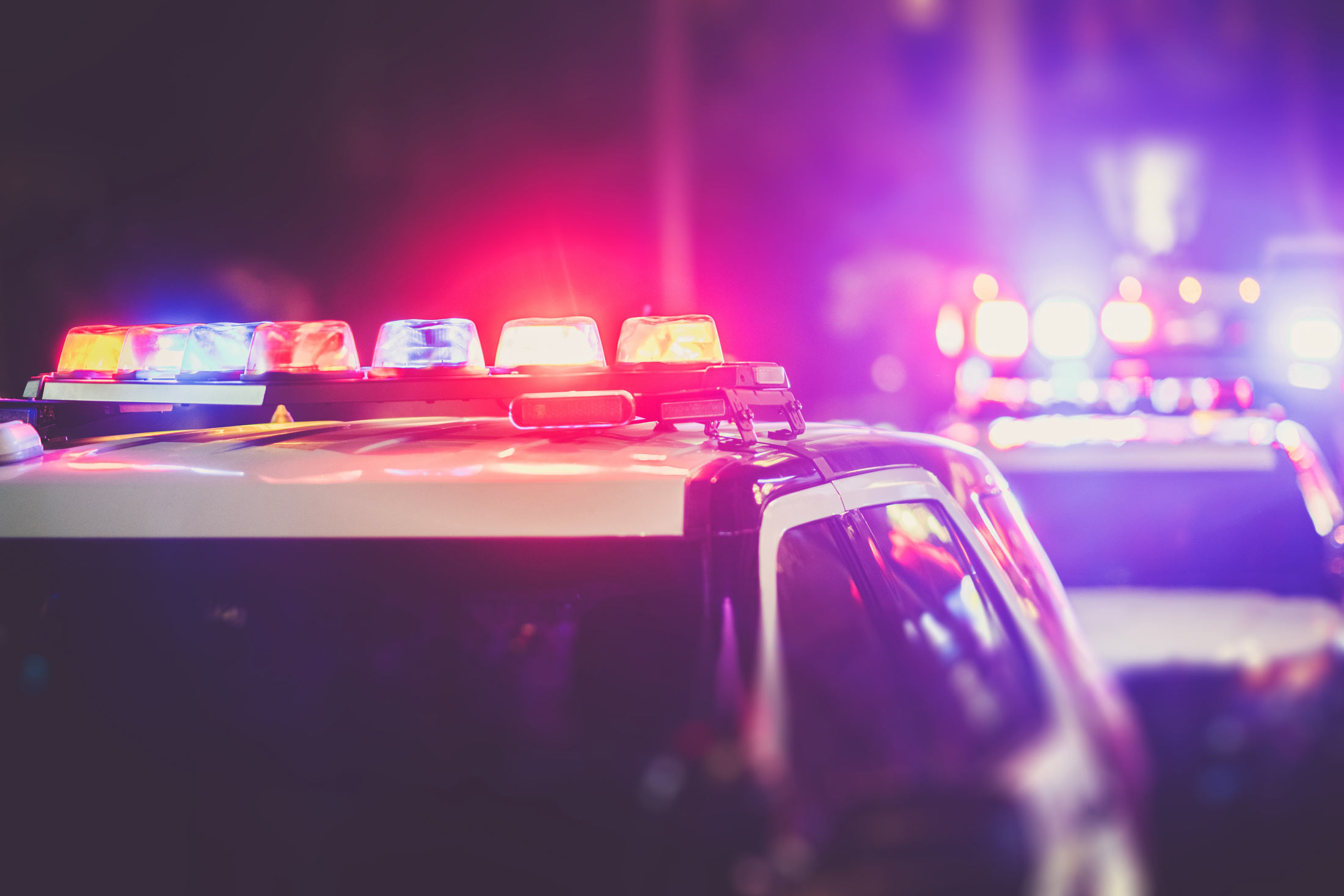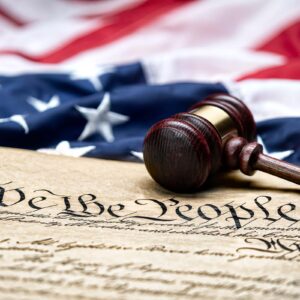As part of my work with U.S. Law Shield, a legal defense program for gun owners, I film informational videos about Georgia law (feels like A LOT of them: go to Youtube and look up “U.S. Law Shield Georgia” and you’ll find over 30 videos on Georgia gun law). I recently recorded a video on lost and stolen firearms: the script content is helpful, so I thought I’d share that today. Take a look, and feel free to call the office (678.842.4331) or email (matt@georgiagunlawyers.com) if you have any questions . . . .
So let’s talk about lost and stolen firearms. Is there a distinction in Georgia between a gun that has been “stolen” versus one that is “lost”? What should a gun owner do in the event of either of these unfortunate occurrences happening to recover a firearm or – more importantly – prevent damage to their ability to carry a license and their identity as a gun owner?
Georgia law does not distinguish between a lost and stolen firearm, because Georgia law does not specifically address either. You have no duty in Georgia to report a lost or stolen firearm: there is no duty at all to let anyone know your firearm is missing. There is also no law or requirement in Georgia that you register a firearm (unless of course it’s an item covered under the National Firearms Act): remember, O.C.G.A. §38-3-37 (that’s the Official Code of Georgia, our collection of state law) specifically prohibits not only the seizing of firearms or ammunition by any state authorities in a time of emergency, it also prohibits any requirements in the state for registration of firearms.
If there is no duty to report a lost or stolen firearm, and firearms aren’t registered, it’s entirely possible no one will ever know your firearm has been lost or stolen, unless you say something (and make no mistake, I do believe it’s important to report a firearm lost or stolen). If your firearm has been lost or stolen, report it to your local law enforcement agency. Give them the make, model, caliber, and any identifying characteristics, the most of important of which is the serial number. Keep a list of the serial numbers for all your firearms. Because it’s your firearm and you are the only one to have ready access to that serial number, be sure you keep track of that number if you find your firearm lost or stolen. You will want to report that to police.
Should you have a firearm stolen, or lose one, and you do not have the serial number, the ATF recommends you contact the firearms dealer you purchased the weapon from to assist you in obtaining the serial number, if you purchased from a Federal Firearms Licensee (gun store or licensed dealer). If the dealer is no longer in business, local law enforcement may be able to submit a request to the National Tracing Center: this is called a “records search request” and can usually only be made in connection with an ongoing criminal investigation surrounding the lost or stolen firearm.
Now, could either scenario (lost or stolen firearm) impact a gun owner legally?
Yes, either certainly could, particularly in the case of a lost firearm, and especially if you are accused of recklessness or negligence in losing that firearm or not maintaining proper control over it. Just as with other reckless acts we have discussed, like firing warning shots, any act considered reckless (meaning a conscious disregard for the safety of others) could result in a charge of reckless conduct. Consider: you enter a public restroom and remove your firearm from your waistband carry, placing it on a tissue dispenser or sink. In the rush to leave, you could simply forget your firearm. If that firearm is recovered by a child, or through a set of unfortunate circumstances results in injury, it may not be likely – but it is still possible – you could be charged with a crime. Not only that, if someone is injured by your loss of a firearm, you could be sued in a civil case under various theories of what is called negligence.
Your level of criminal liability could be different with a stolen firearm: through no fault of your own, if your firearm is stolen the acts of the thief could cut your liability if that firearm is then subsequently used in a crime or someone is injured with it. In either case, the best response to discovering your firearm has been lost or stolen is to contact police and make a report. Make sure you are able to give law enforcement the serial number of the firearm, as well as the make, model, caliber, and any distinguishing characteristics of the firearm. This can give you peace of mind AND help in the successful recovery of your firearm.






